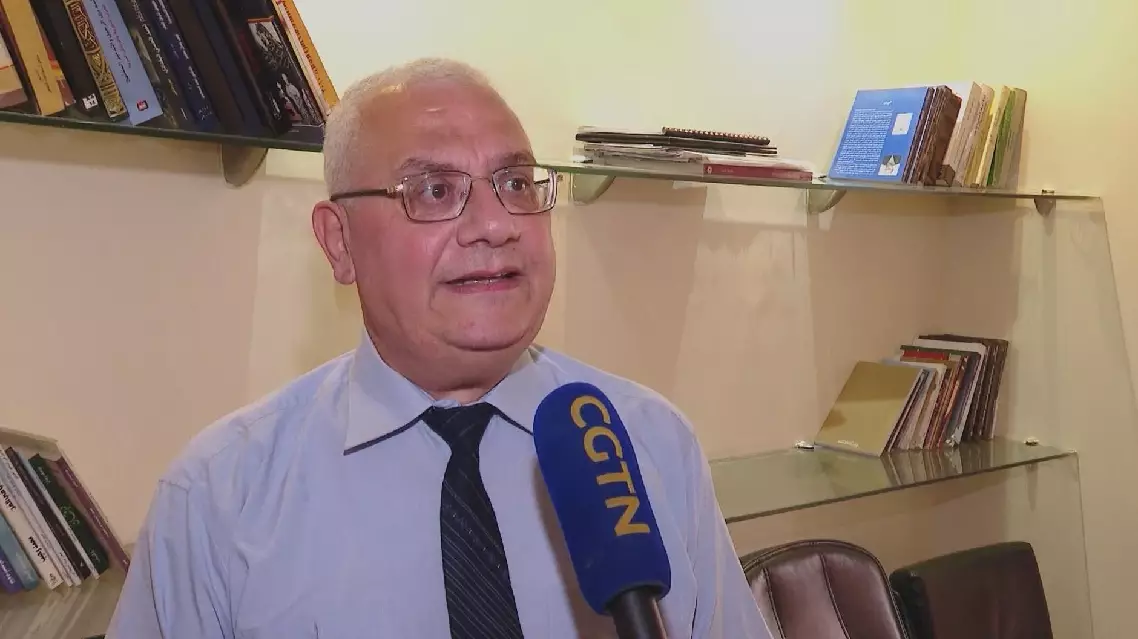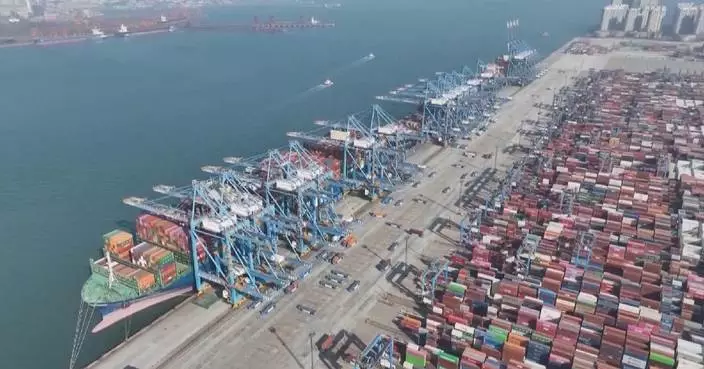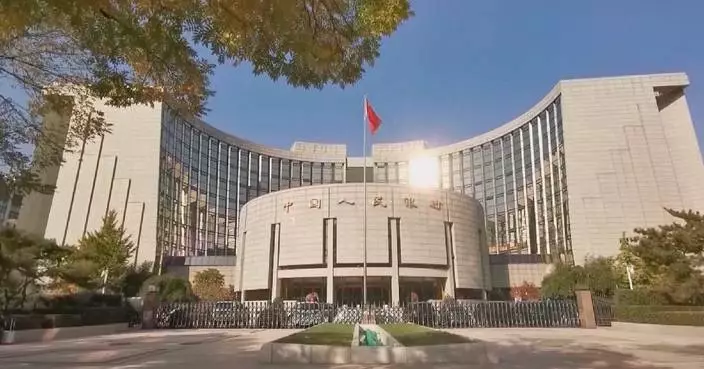More than 200 immigration police officers deployed by the entry-exit border inspection authorities in southwest China's Xizang Autonomous Region have joined rescue operations following a deadly 6.8-magnitude earthquake that hit the region on Tuesday morning.
The powerful quake, with its epicenter in Tsogo Township, jolted Dingri County in Xigaze City at 09:05 on Tuesday, claiming at least 126 lives and leaving 188 others injured as of 19:00, according to the authorities.
The immigration authorities activated their emergency contingency plan in the shortest possible time, deploying personnel from over 20 primary-level units with more than 300 rescue tools, including stretchers and medical supplies.
Within 10 minutes of the tremor, the Xigaze immigration detachment dispatched a 15-member emergency rescue team to the disaster zone.
After nearly seven hours of relentless efforts, the team had pulled 21 survivors from the rubble, relocated more than 600 affected residents, addressed 116 safety hazards, and distributed emergency relief supplies, including two tonnes of food and 100 tents.
Dingri County lies on the northern slope of the Himalayas, bordering Nepal to the south. With a population of over 60,000, the county is one of the most populous border counties in Xizang.

Immigration police join rescue efforts after deadly Xizang earthquake
The Syrian government and people have roundly welcomed U.S. President Donald Trump's announcement to lift all sanctions against Syria, with many believing it will give a major boost to the conflict-ravaged country's recovery from years of civil war.
Trump announced during his visit to Saudi Arabia on Tuesday that he would remove the long-standing sanctions on Syria, with the Syrian foreign ministry welcoming the move as a "pivotal turning point for the Syrian people".
Another significant moment came on Wednesday when Trump held a face-to-face meeting with Syrian interim leader Ahmed al-Sharaa in the Saudi capital Riyadh -- marking the first encounter between a U.S. president and a Syrian leader in decades -- with the two discussing the normalization of bilateral ties.
Prior to Trump's announcement, the Syrian foreign ministry noted that the long-imposed sanctions, which originally applied to the former government, were still having a direct impact on the Syrian people and had hindered efforts to facilitate the country's post-war recovery and reconstruction.
The news of the removal of all U.S. punitive measures was immediately met with an outpouring of joy in Syria, with large crowds taking to the streets of Damascus and elsewhere in the country to celebrate.
The Syrian pound also reportedly gained in value following Trump's decision.
Ziad Arabsh, an economic consultant for the Syrian government, said the U.S. move has now cleared a major obstacle to Syria's economic recovery and post-war reconstruction efforts.
"The access of Syria to the world technology is extremely vital to rebuild the long years [of] destroyed infrastructure, and this will lead to the economy [being boosted] and help Syria in [its] reconstruction instead of sliding into fragmentation," Arabsh said in an interview with the China Global Television Network (CGTN) in Damascus.
Trump's surprise announcement came on the first day of his four-day whirlwind tour across the Middle East, which has seen him visit Saudi Arabia and Qatar before he is expected to conclude the trip in the United Arab Emirates.
Trump's remarks about the sanctions relief and his meeting with al-Sharaa came at a time when the new leadership in Damascus is striving to rally international support for the country to cope with extreme challenges after over a decade of conflict and economic hardship.

Syrians welcome Trump's announcement to lift all sanctions





















































